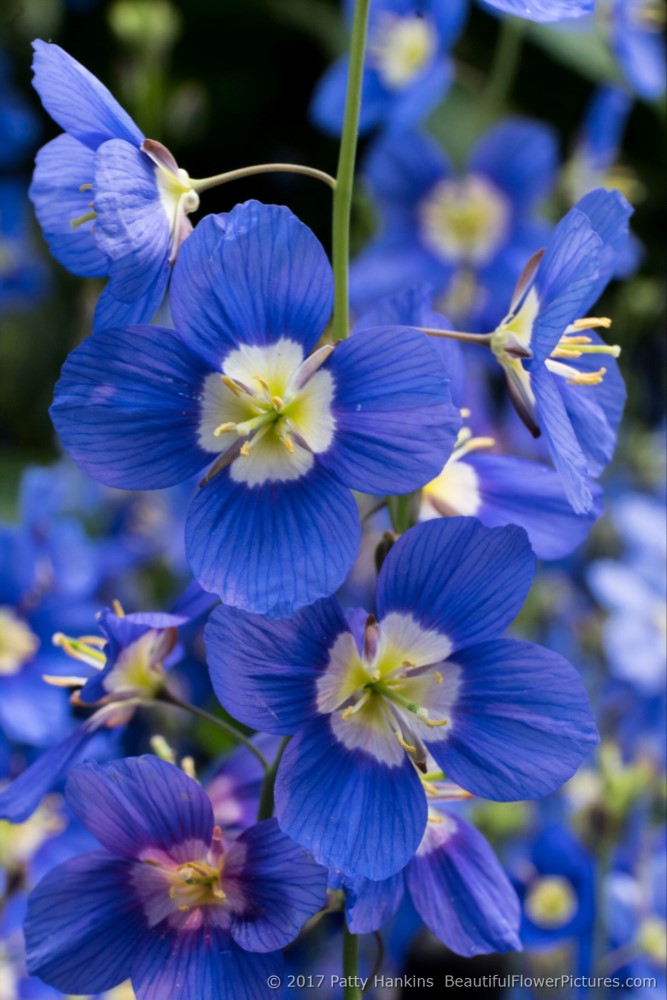
by hankinslawrenceimages | May 3, 2017 | Brassicaceae Family
I recently photographed a spectacular set of Blue Flax flowers at a local botanical garden. They were a beautiful shade of blue. Each blossom was exquisite and as a group the whole patch was amazing to see. I thought I’d share the blue flax photos with you today.
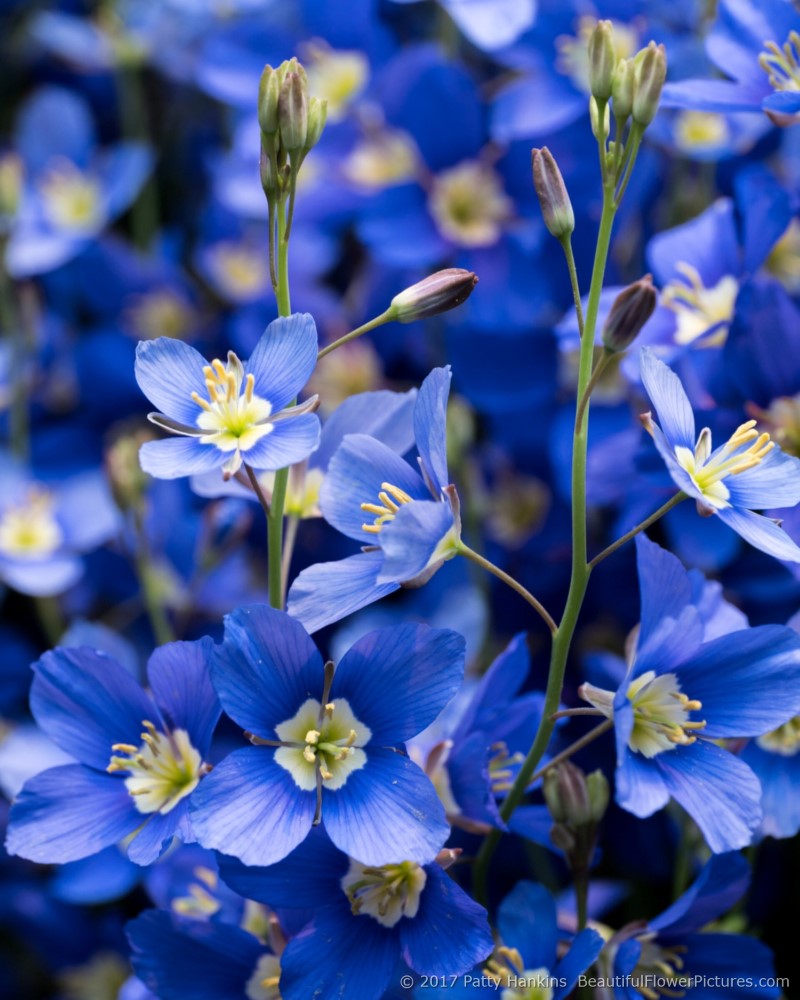
Blue Flax © 2017 Patty Hankins
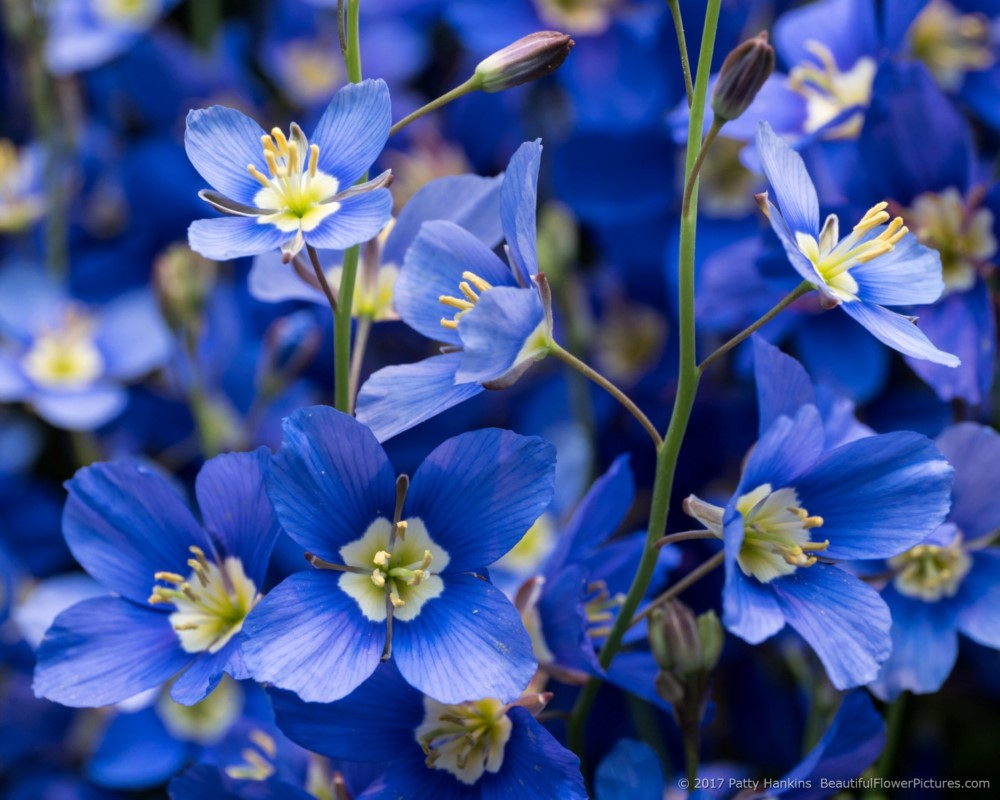
Blue Flax © 2017 Patty Hankins
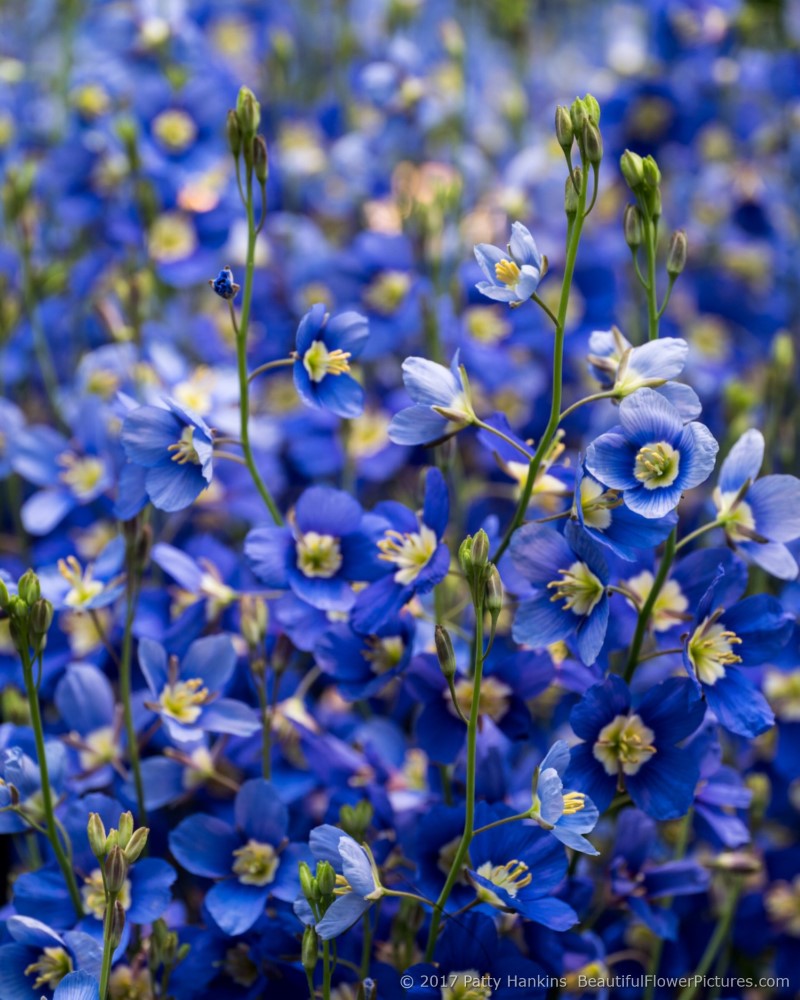
Blue Flax © 2017 Patty Hankins

Blue Flax © 2017 Patty Hankins
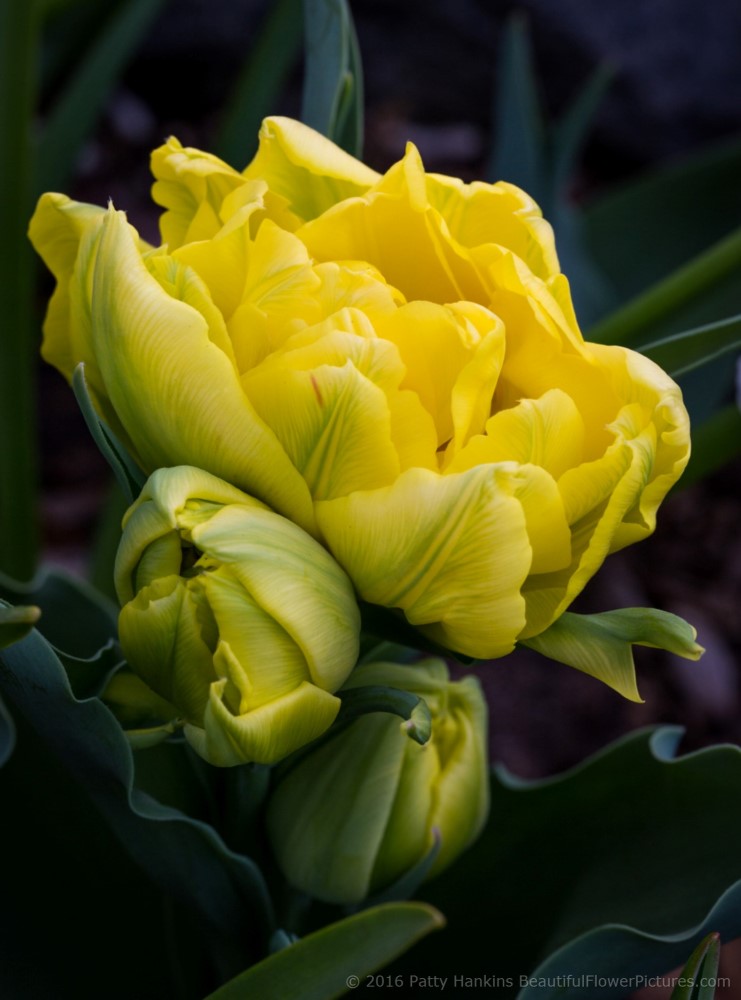
by hankinslawrenceimages | Apr 6, 2016 | Asparagaceae Family, Brassicaceae Family, Flowers, Liliaceae Family
I’m back from the Springtime in the South photo tour to Savannah and Charleston – and happily photographing spring flowers here at home. When I left, daffodils were just starting to bloom in the DC area – how they’re in full bloom everywhere. The cherry blossoms have peaked (I missed seeing the ones at the Tidal Basin this year). Spring wildflowers are starting to bloom – and even the tulips are blooming at local gardens.
Here are a few of the flowers I found to photograph in my first few days back home.
Cutleaf Toothwort (cardamine concatenata) – an early spring blooming wildflower photographed along the C&O Canal
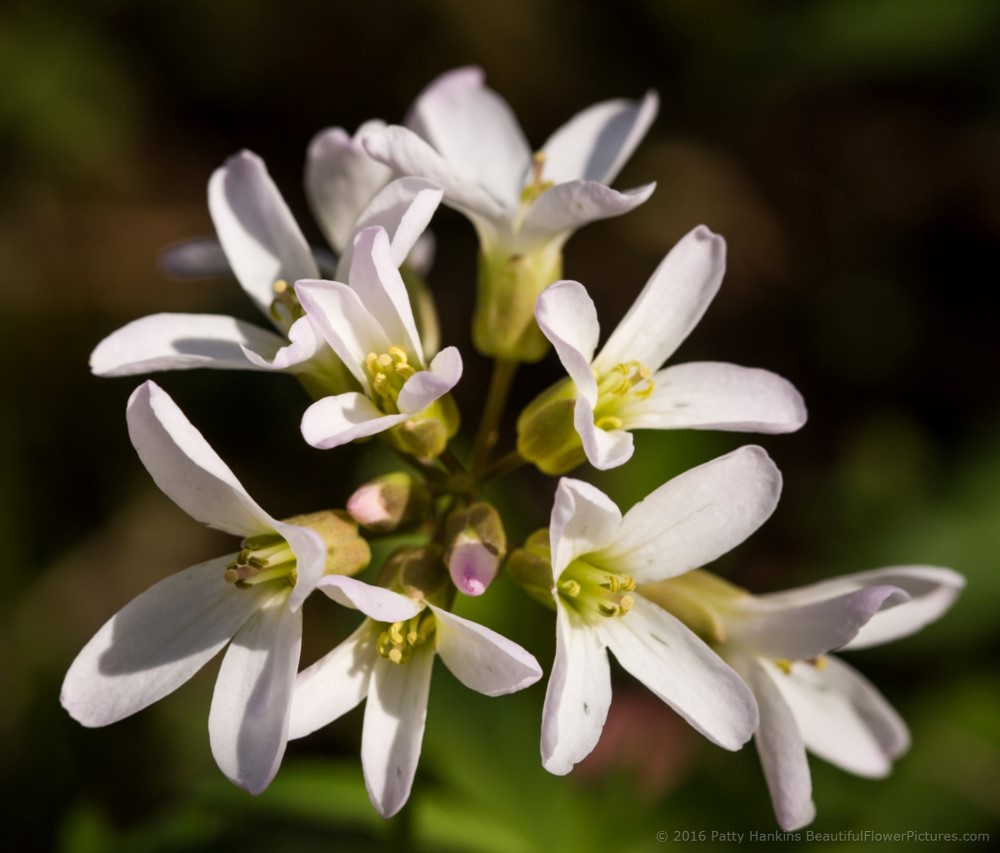
Cutleaf Toothwort (cardamine concatenata) © 2016 Patty Hankins
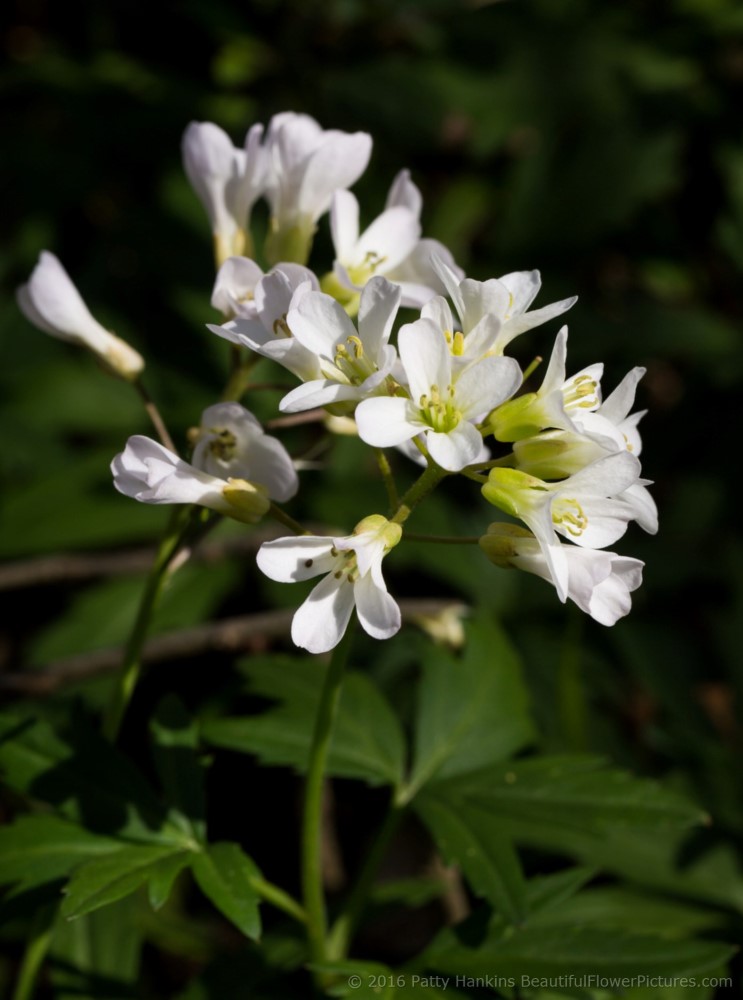
Cutleaf Toothwort (cardamine concatenata) © 2016 Patty Hankins
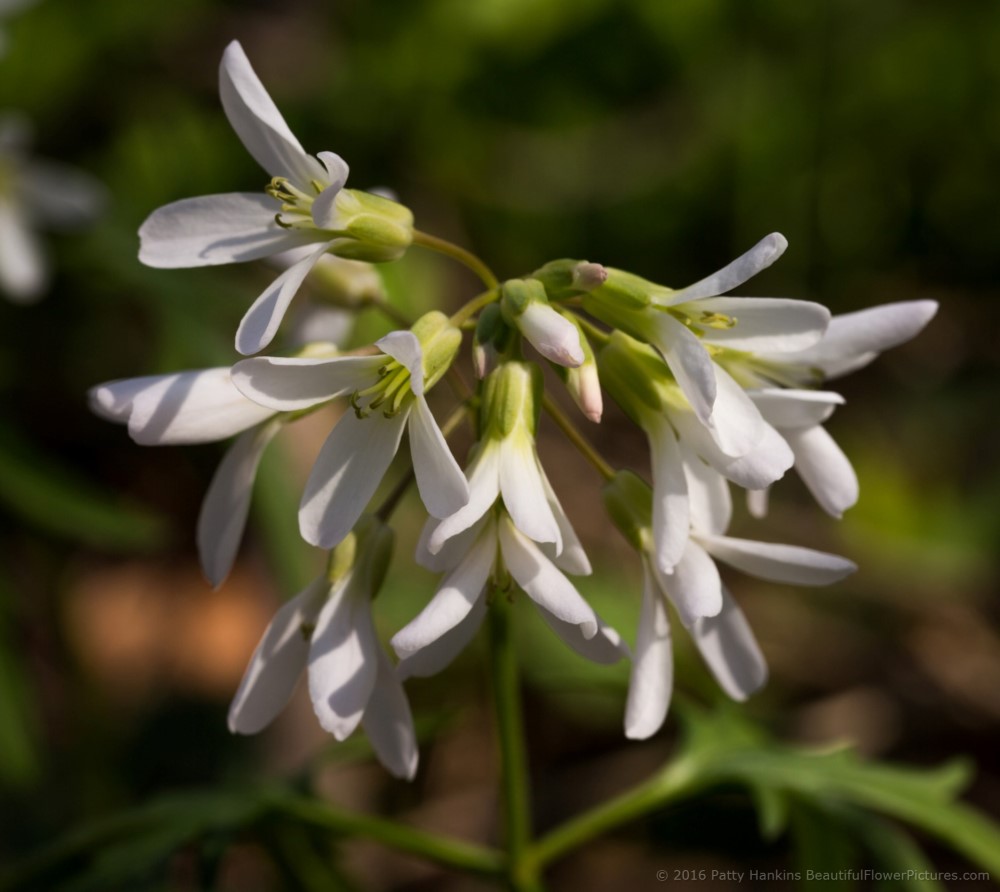
Cutleaf Toothwort (cardamine concatenata) © 2016 Patty Hankins
Some purple hyacinths at a local garden
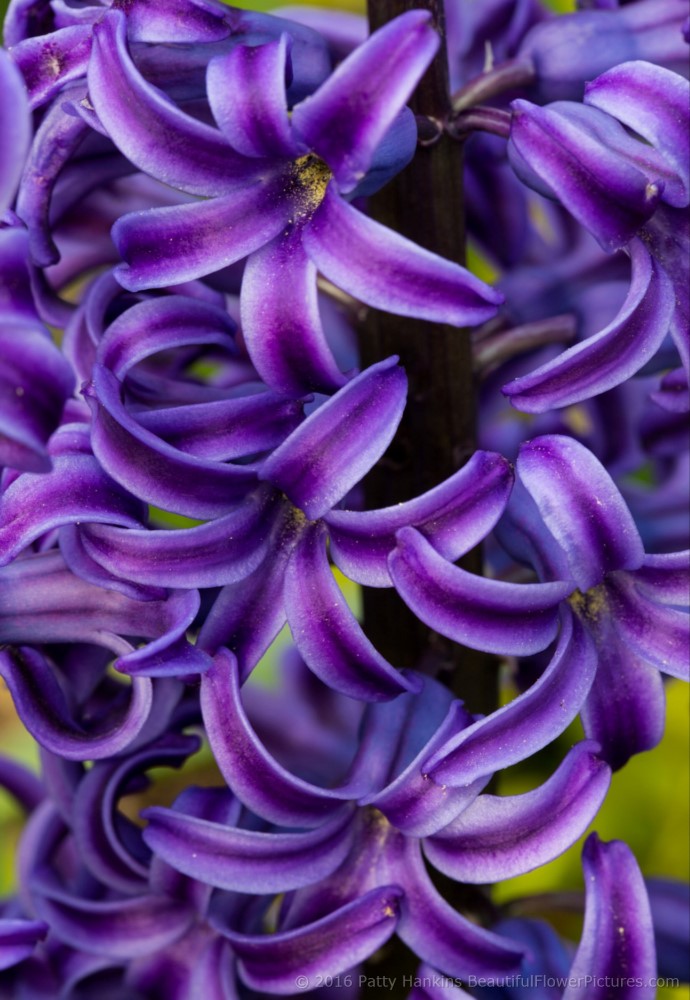
Purple Hyacinths © 2016 Patty Hankins
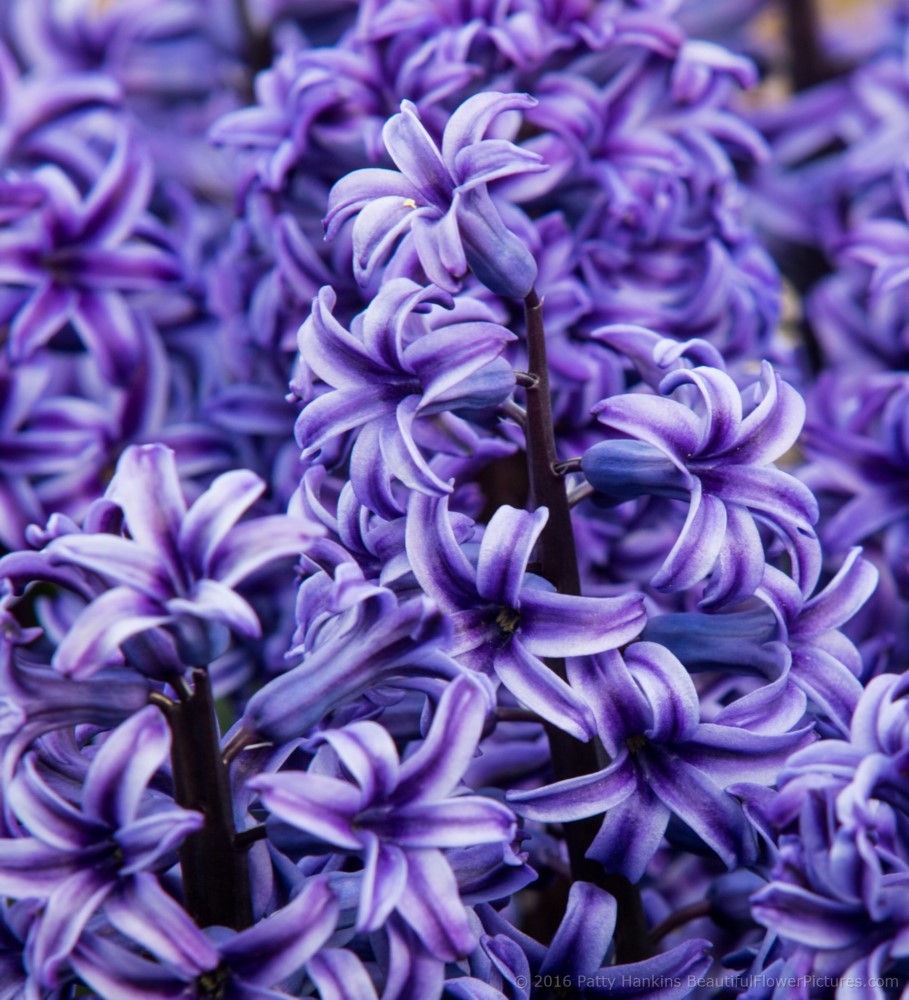
Purple Hyacinths © 2016 Patty Hankins
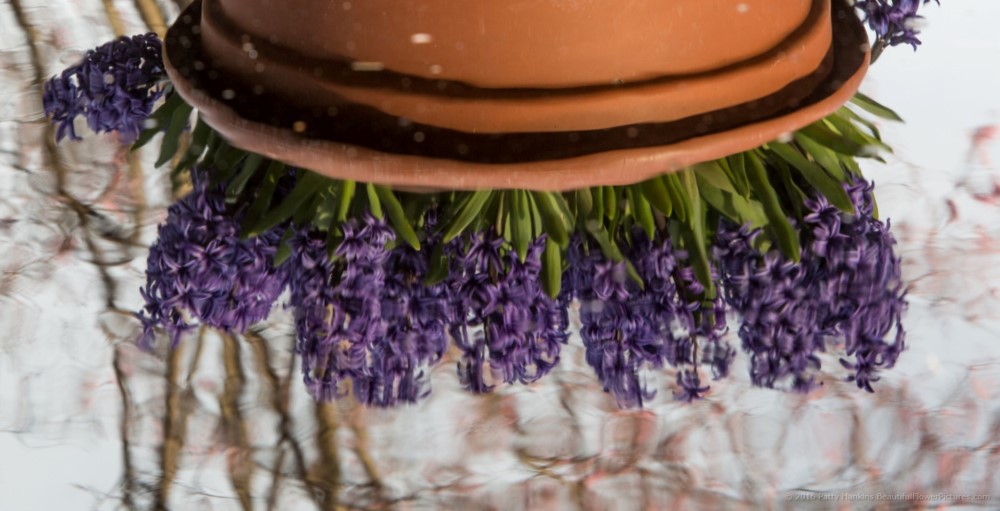
Purple Hyacinth Reflections © 2016 Patty Hankins
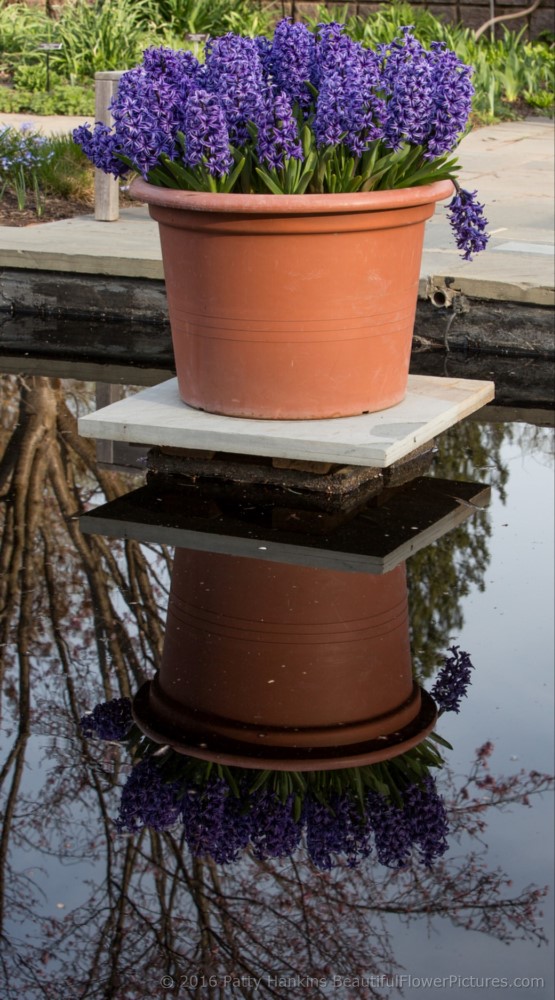
Purple Hyacinth Reflections © 2016 Patty Hankins
And some yellow & green tulips – probably a type of parrot tulip but since the signs aren’t out yet – I’m not sure

Yellow & Green Tulips © 2016 Patty Hankins
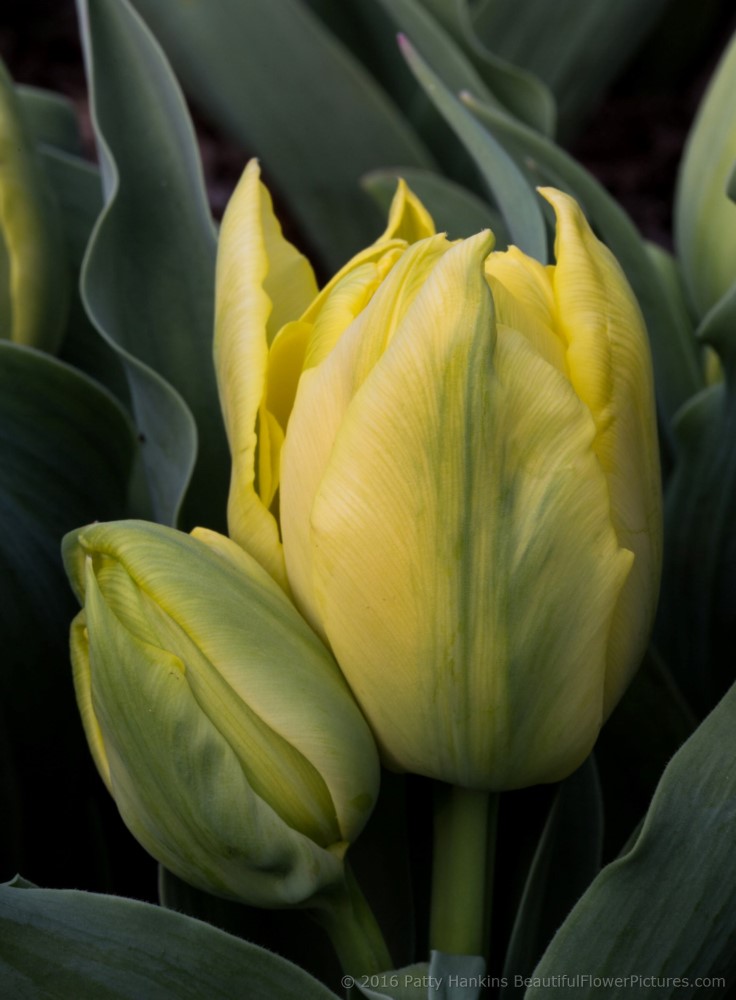
Yellow & Green Tulips © 2016 Patty Hankins
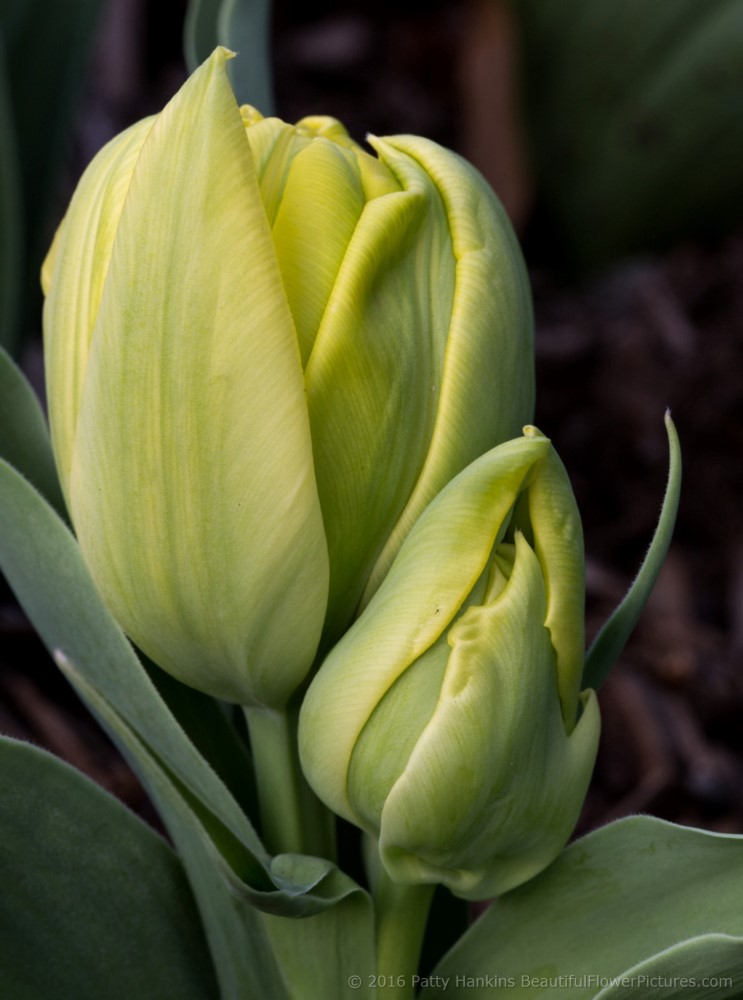
Yellow & Green Tulips © 2016 Patty Hankins
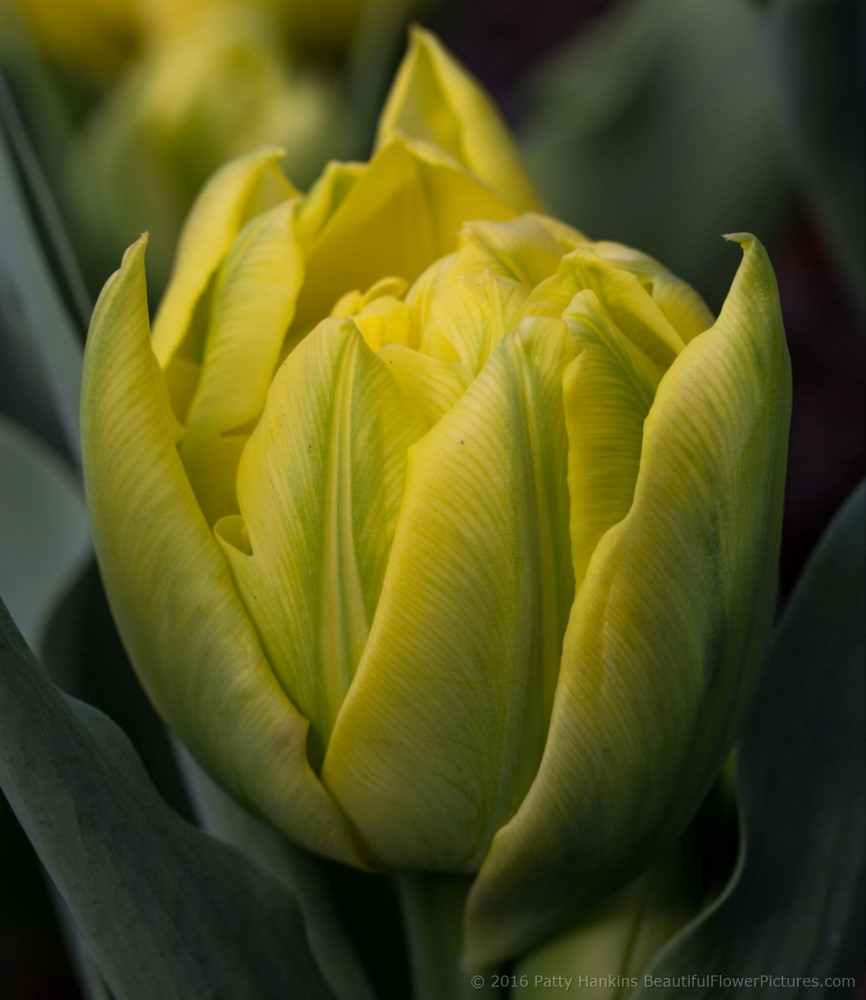
Yellow & Green Tulips © 2016 Patty Hankins
Given the way things are starting to bloom here in the DC area – I have the feeling I’m going to be out photographing frequently in the next few weeks. 🙂
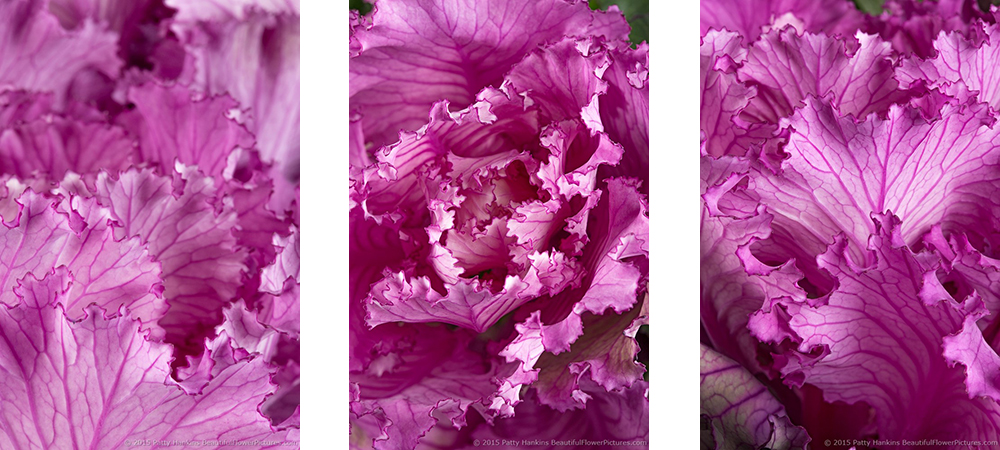
by hankinslawrenceimages | Mar 27, 2015 | Brassicaceae Family, Flowers

Purple Kale Trio © 2015 Patty Hankins
I’ve recently added a set of three new photos – Purple Kale I, Purple Kale II and Purple Kale III – to my BeautifulFlowerPictures.com website.
As one of those people who in general doesn’t like kale – you can imagine how surprised I was to discover that I love photographing kale. I found some wonderful Purple Kale at my local flower wholesaler and took it into the studio. At first – I photographed the bunch of kale and then the individual stalks. When I pulled out my macro lens and went in close on the textures and layers in the kale – I fell in love with it! So now every time we head back to the flower wholesaler I’m on the lookout for more kale to photograph (but I’m still not likely to cook with it!!!)
I decided to offer three Purple Kale photos for sale – thinking they could go together as a set – and I really didn’t have any other photos that seem to pair with them well. The three photos are available individually on my website.
Purple Kale I, Purple Kale II and Purple Kale III are available as a matted prints on my website.
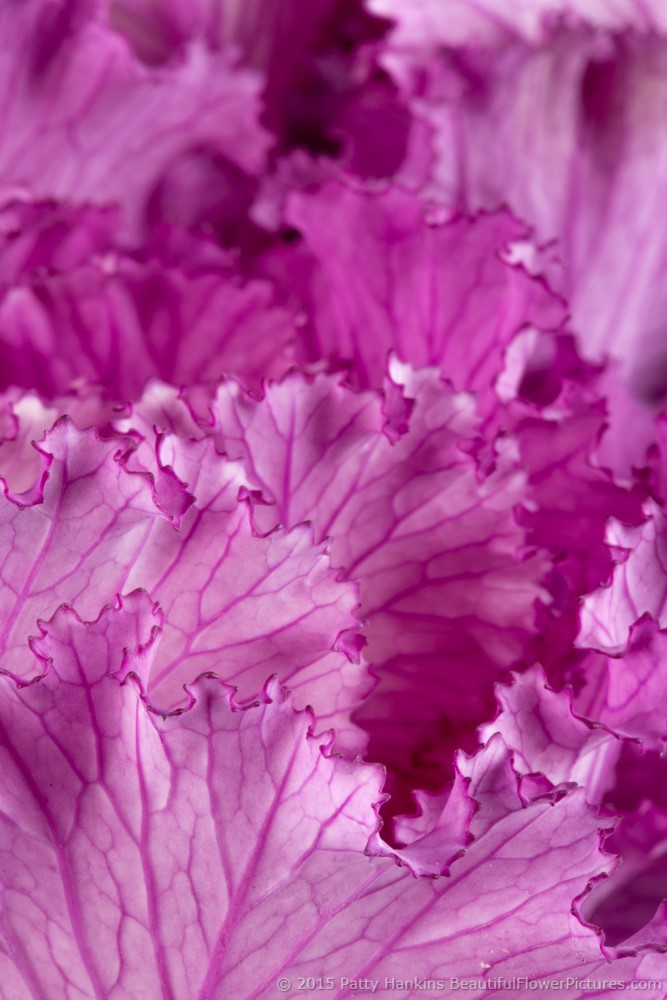
by hankinslawrenceimages | Feb 25, 2015 | Brassicaceae Family
As one of those people who in general doesn’t like kale – you can imagine how surprised I was to discover that I love photographing kale. I found some wonderful Purple Kale at my local flower wholesaler and took it into the studio. At first – I photographed the bunch of kale and then the individual stalks. When I pulled out my macro lens and went in close on the textures and layers in the kale – I fell in love with it! So now every time we head back to the flower wholesaler I’m on the lookout for more kale to photograph (but I’m still not likely to cook with it!!!)
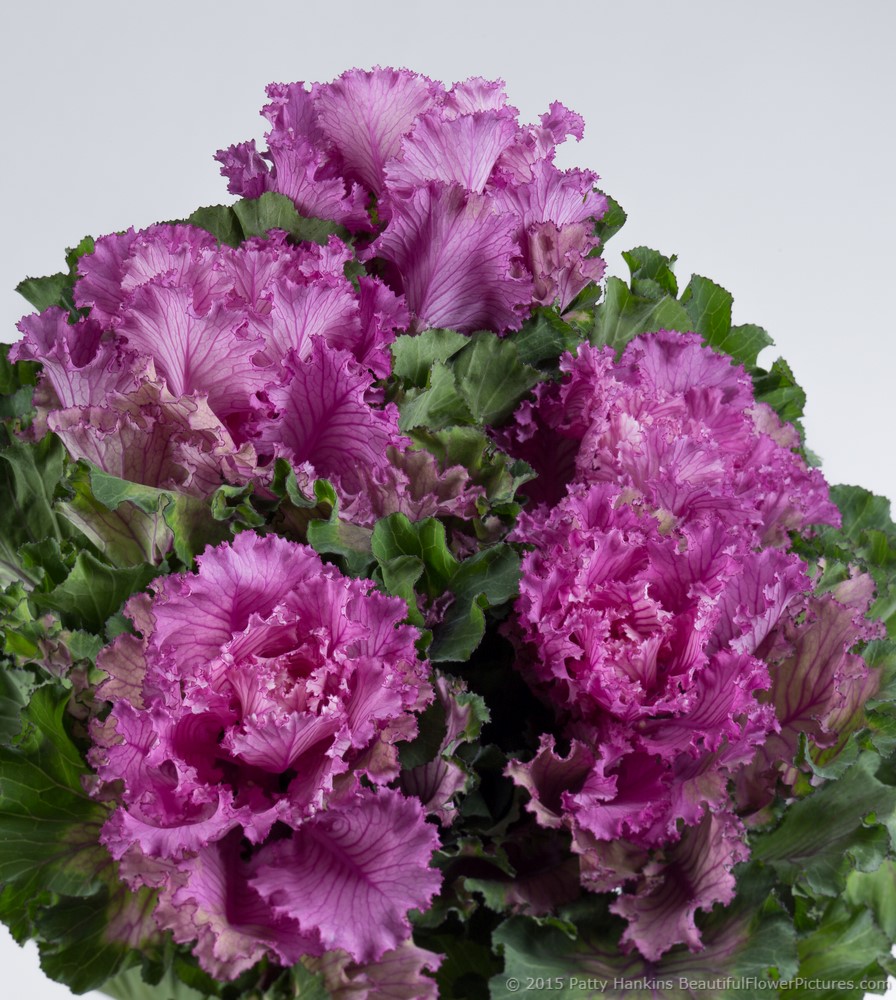
Purple Kale © 2015 Patty Hankins
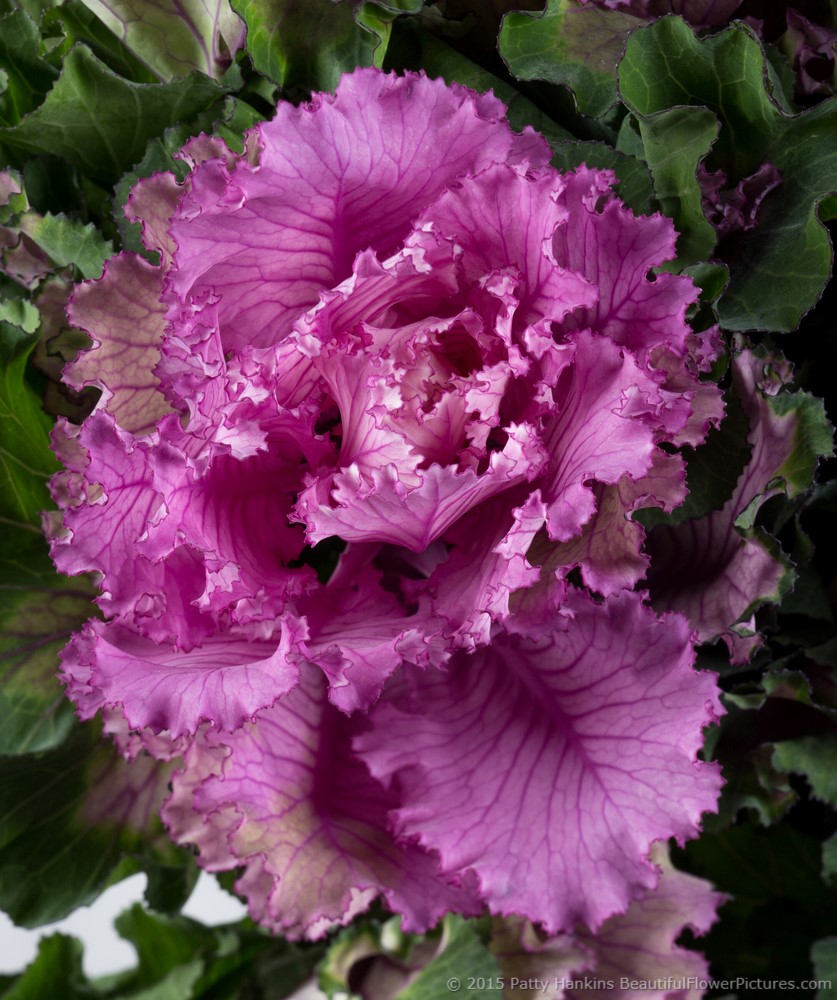
Purple Kale © 2015 Patty Hankins
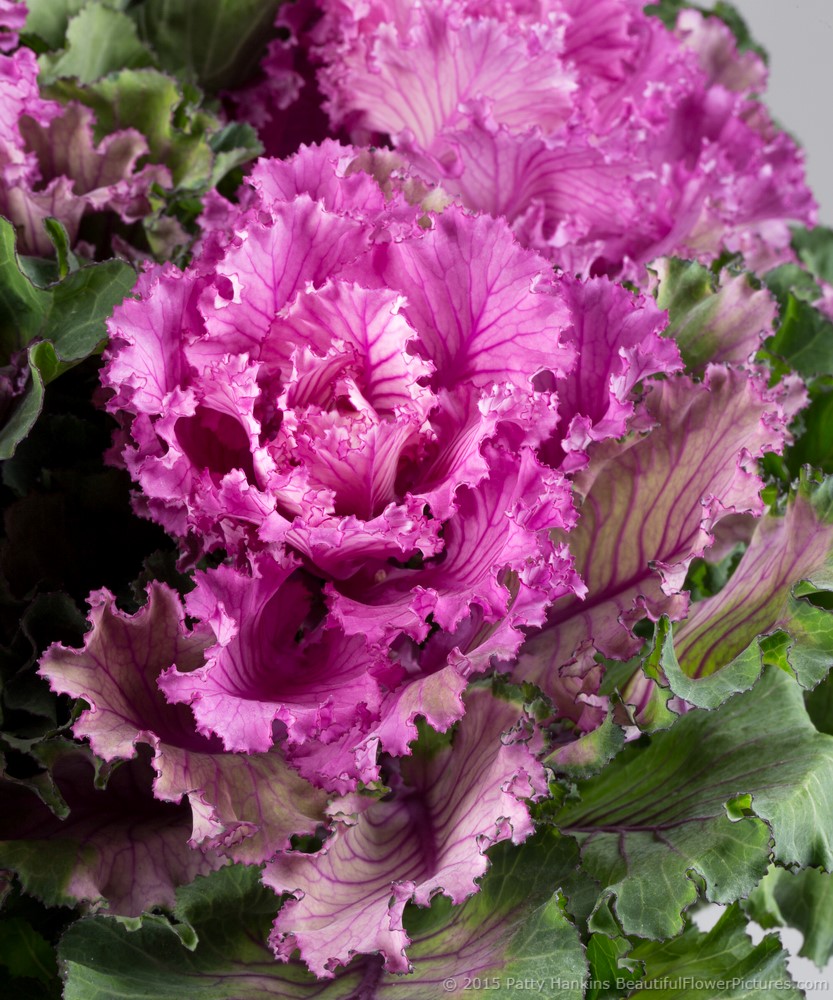
Purple Kale © 2015 Patty Hankins
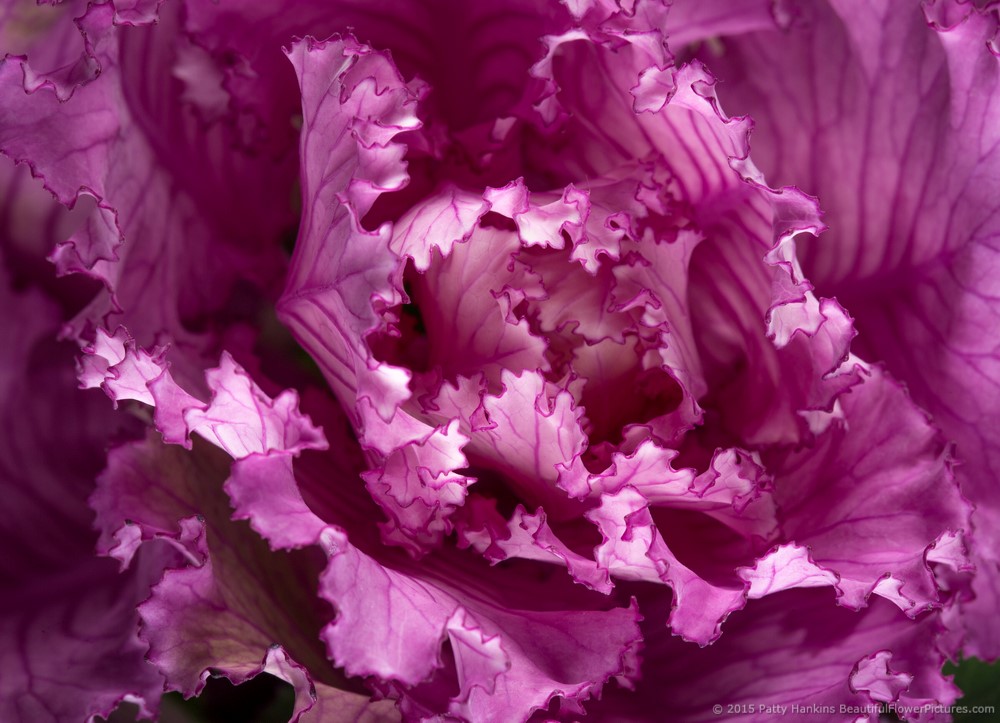
Purple Kale © 2015 Patty Hankins
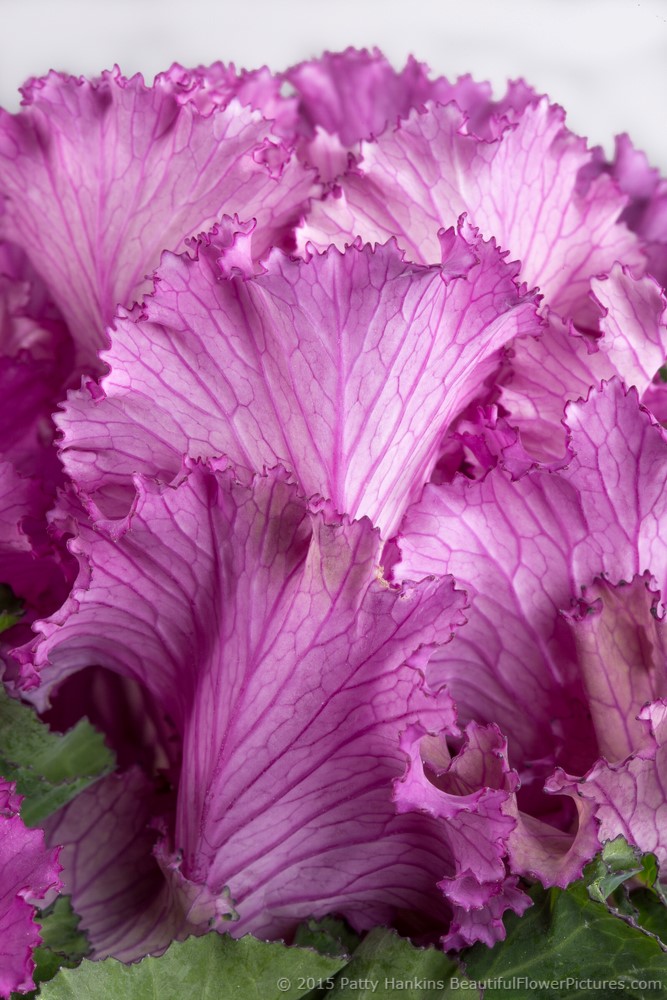
Purple Kale © 2015 Patty Hankins
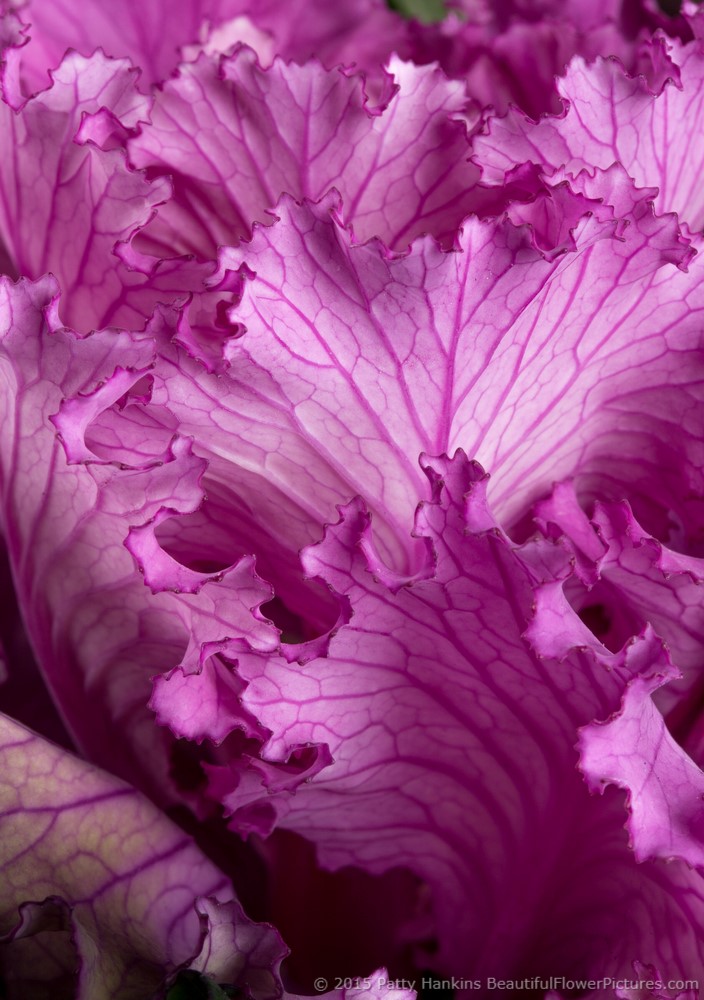
Purple Kale © 2015 Patty Hankins

Purple Kale © 2015 Patty Hankins
Having fallen in love with kale when I photographed it – I’m wondering if I might discover some to virtues to other vegetables I’m not fond of eating if I take them into the studio too 🙂
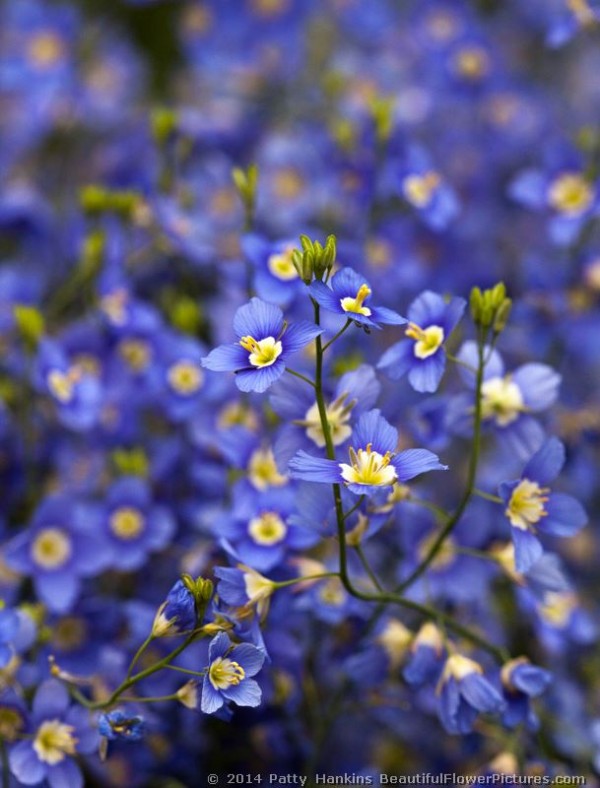
by hankinslawrenceimages | Jan 31, 2014 | Brassicaceae Family, Flowers
In addition to the Stock and Toothwort photos I’ve recently shared, I have also photographed three other members of the Brassicaceae family. The 3700+ species in this family include not only vegetables such as mustards, cabbages, broccoli, cauliflower, radishes, horseradish but also many ornamental flowering plants.
One of my favorite members of this family is blue flax (helophila coronopifolia). This South African native has delicate blue flowers with yellow centers. Seeing them in a garden reminds me of the beauty of the bluets in the mountains.
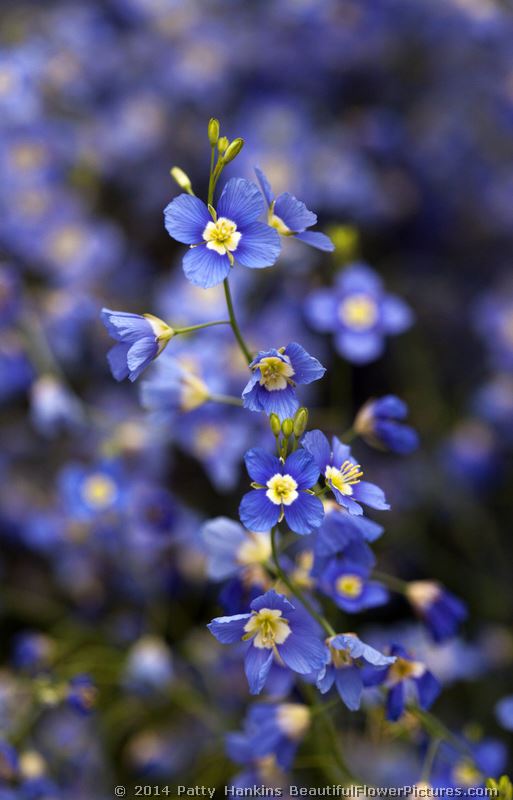
Blue Flax © 2014 Patty Hankins

Blue Flax © 2014 Patty Hankins
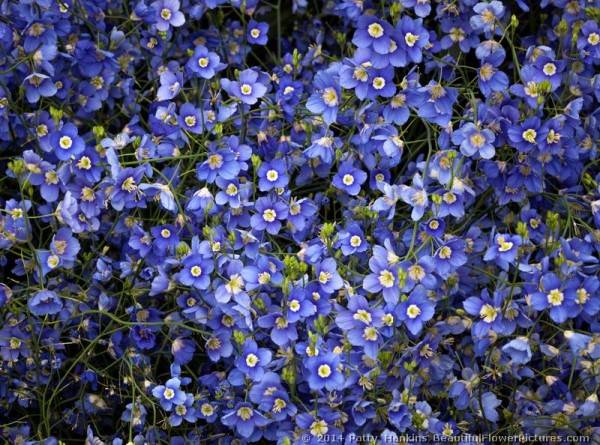
Blue Flax © 2014 Patty Hankins
Shepherd’s Purse (capsella bursa-pastoris) is a Brassicaceae native to Eastern Europe and Asia Minor that has naturalized across the world – including in the western United States where I photographed some at Yellowstone National Park. The small white flowers are followed by heart-shaped pods that give the plant it’s common name.
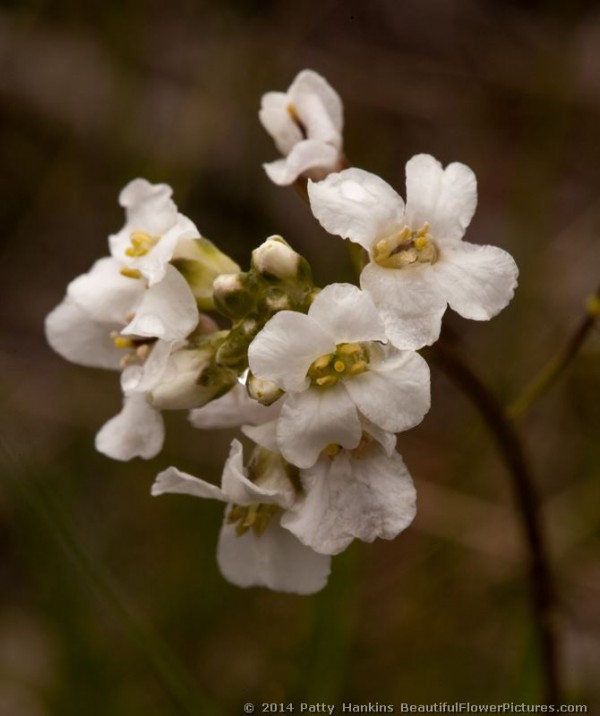
Shepherd’s Purse ©2014 Patty Hankins
The final member of this family that I’ve photographed is Ornamental Kale (brassica oleracea). Bred from a wild cabbage originally native to Southern and Western Europe – today’s ornamental kale are not only a great addition to a healthy diet – but also fun to see in a garden
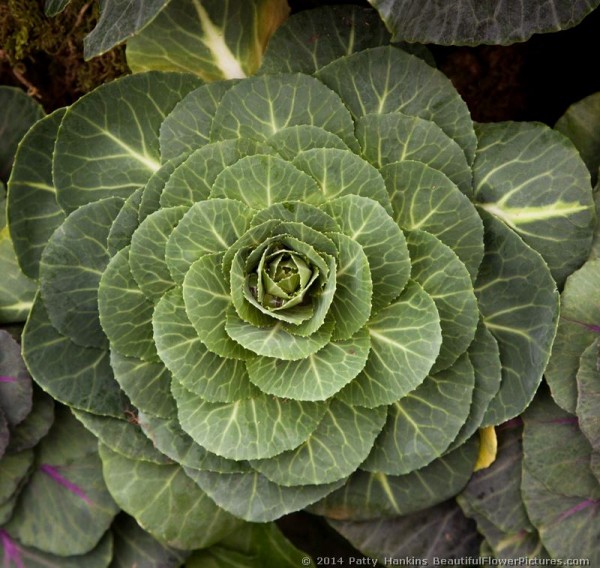
Ornamental Kale © 2014 Patty Hankins
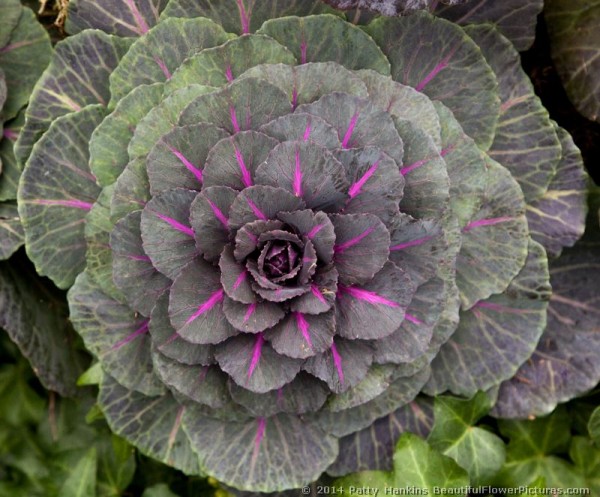
Ornamental Kale © 2014 Patty Hankins
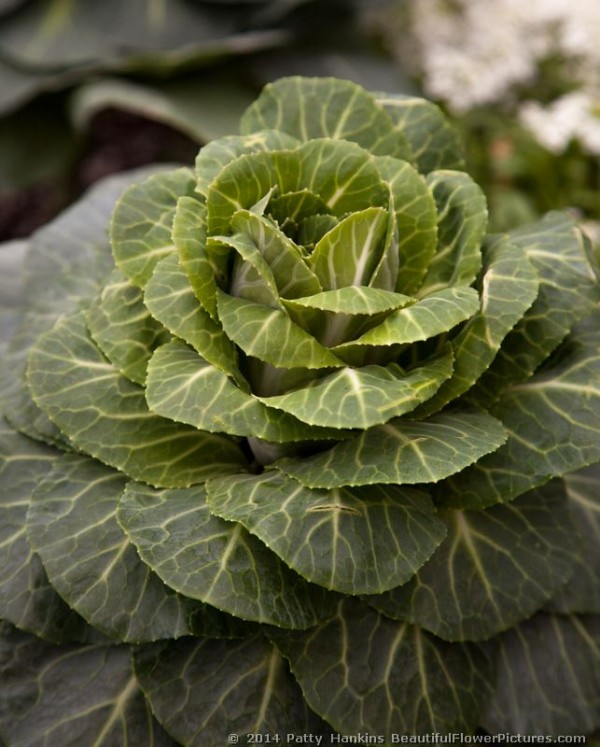
Ornamental Kale © 2014 Patty Hankins
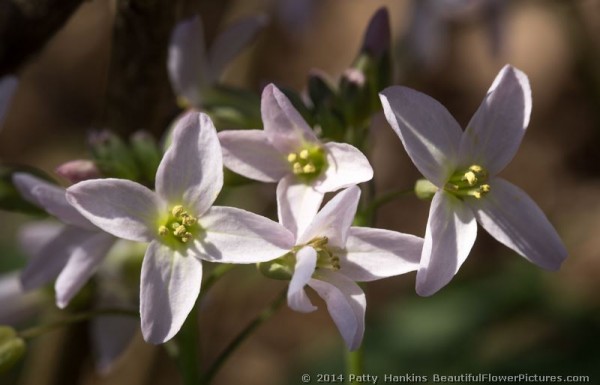
by hankinslawrenceimages | Jan 24, 2014 | Brassicaceae Family, Flowers, Wildflowers
One of the spring wildflowers I love to see and photograph each year is Toothwort. There are two types of toothwort I usually see – Cutleaf Toothwort (cardamine concatenata) and Broadleaf Toothwort (cardamine diphylla). Both are members of the Brassicaceae (mustard) family.
Worldwide – there are over 150 species related to Toothwort. Both of the ones I’m familiar with are native to the Eastern United States.
Cutleaf Toothwort grows to 12″ tall with a cluster of four-petaled white or pink flowers. The leaves are divided and toothed. I’ve photographed Cutleaf Toothwort in the Washington DC area.
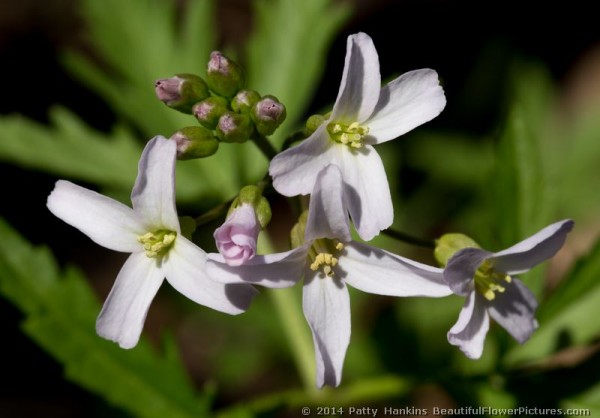
Cutleaf Toothwort © 2014 Patty Hankins
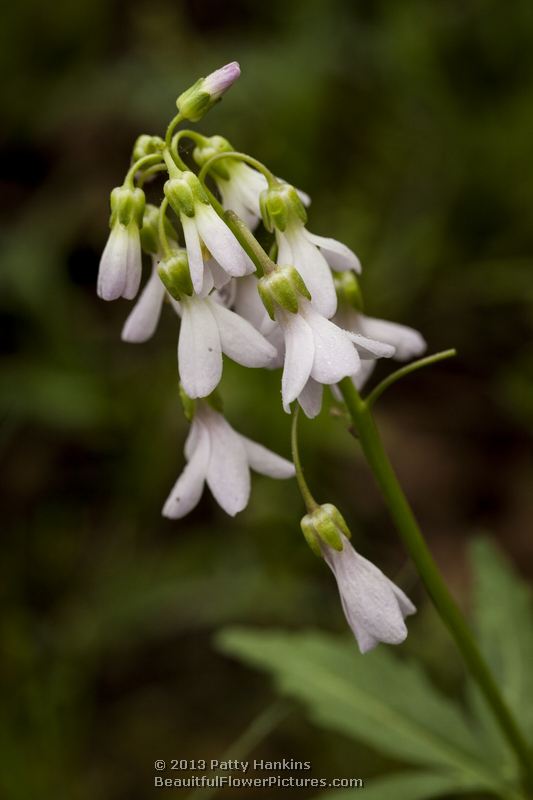
Cutleaf Toothwort © 2013 Patty Hankins
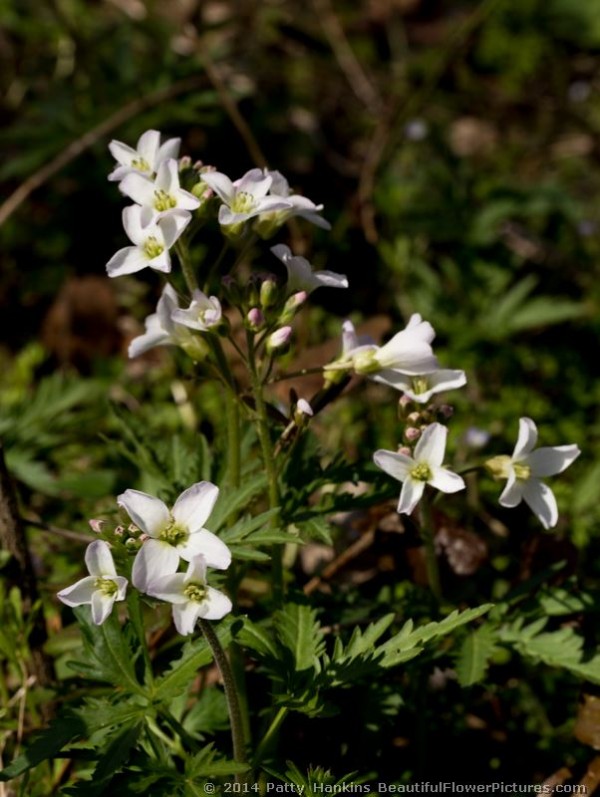
Cutleaf Toothwort © 2014 Patty Hankins
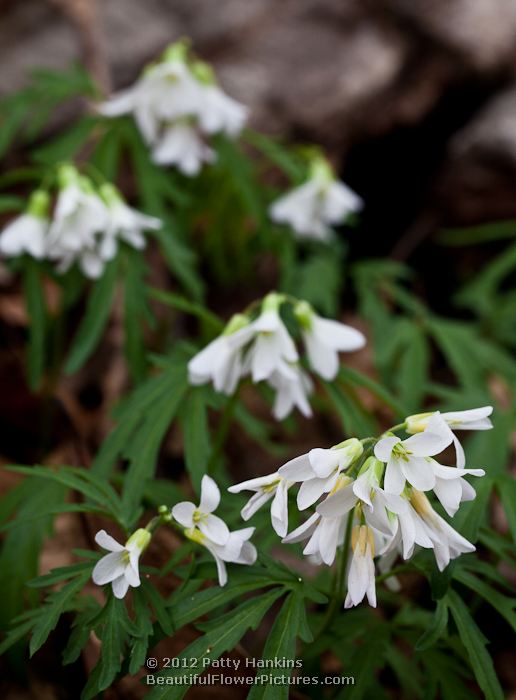
Cutleaf Toothwort © 2012 Patty Hankins

Cutleaf Toothwort © 2014 Patty Hankins
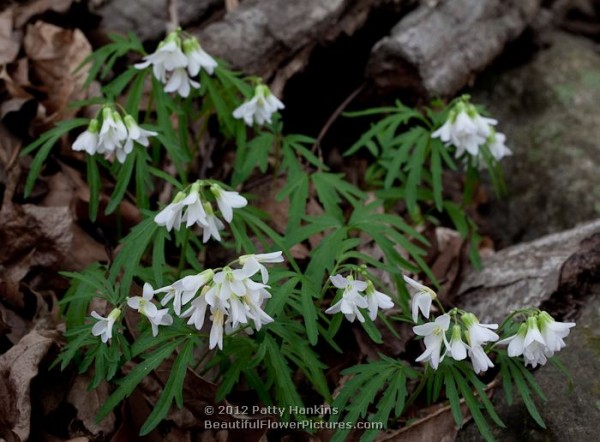
Cutleaf Toothwort © 2012 Patty Hankins
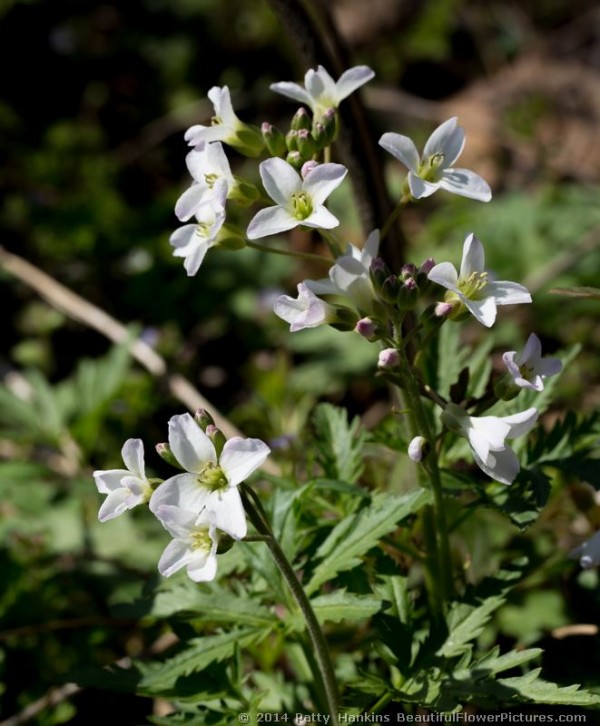
Cutleaf Toothwort © 2014 Patty Hankins
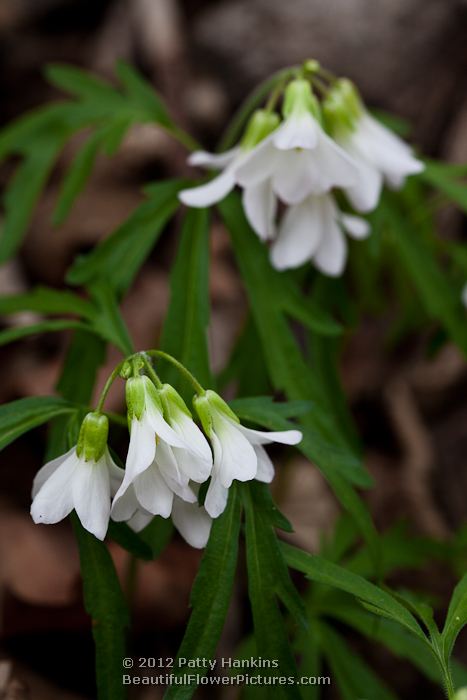
Cutleaf Toothwort © 2012 Patty Hankins
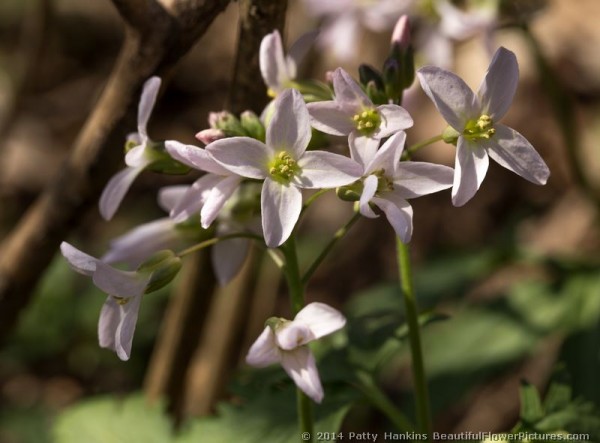
- Cutleaf Toothwort © 2014 Patty Hankins
Broadleaf toothwort grows a little taller than Cutleaf toothwort – to about 16″ tall. The flowers are also similar looking. The difference between the two Toothworts I’ve seen is mainly in the leaves. The leaves of the Broadleaf Toothwort are paired and much broader than the narrower more deeply cut looking leaves of Cutleaf Toothwort. Unfortunately I don’t have any great photos of the leaves of the Broadleaf Toothwort to show you the difference.
I’ve photographed Broadleaf Toothwort in the Great Smoky Mountains National Park.
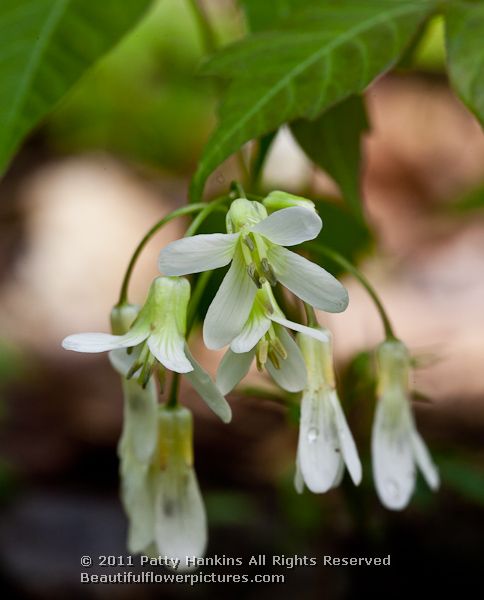
Broadleaf Toothwort © 2011 Patty Hankins
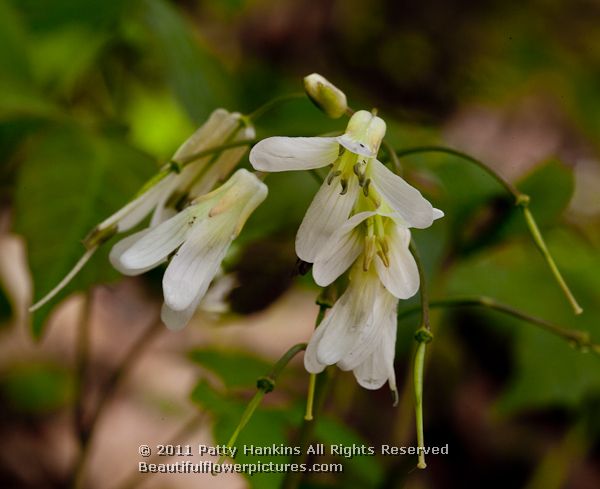
Broadleaf Toothwort © 2011 Patty Hankins














































